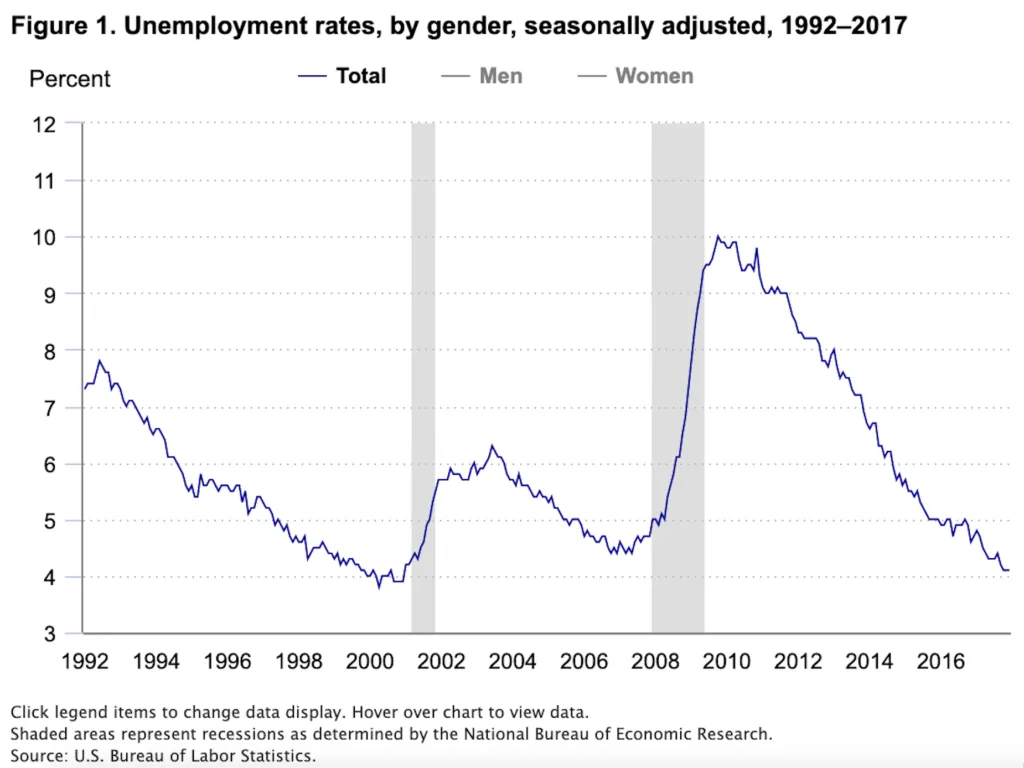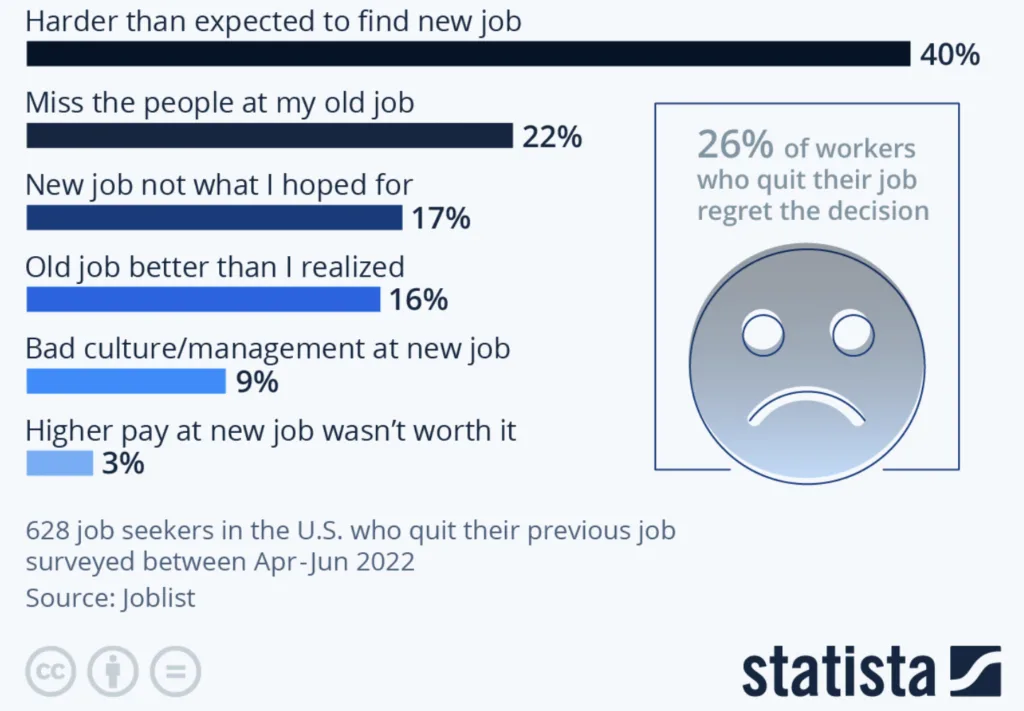When the 2020 COVID-19 pandemic hit, workers worldwide re-assessed the meaning of work in their lives. This gave rise to the Great Resignation that ruled headlines in 2021 and into the first few months of 2022 — until the economy took a turn for worse.
As we step into 2023, quit rates are still at historically high levels, but there’s an even more concerning employee disengagement trend taking hold. Commonly called “quiet quitting,” this trend is highlighted by people who have lost most of their motivation at work, leading to record-setting employee disengagement that will cost organizations thousands of dollars per employee in lost productivity.
As with any employee trend, there are solutions. For 2023, mentoring will play an essential role in helping companies and their workers navigate what’s likely to be a year of uncertainty. From the employer’s perspective, this will include three distinct actions:
1) Re-Engaging Workers
2) Establishing Authentic Connections
3) Creating DEI-Centered Spaces
You can check out our primary Mentoring Trends post to learn more about how these trends will work together to create a holistic strategy for tackling disengagement. Here, we’re going to narrow our focus at stage one: re-engagement.
A Multi-Year Build-Up to Historic Disengagement
By analyzing data, we can build a picture of why employee disengagement is at an all-time high. Consequently, a large part of this story begins around 15 years ago with the Great Recession.
Between 2007-2009, countries worldwide faced one of the worst economic downturns since the Great Depression. In 2007, right before the Great Recession took hold, the US unemployment rate was 4.4%. By 2009, it had peaked at 10%, according to data from the Bureau of Labor Statistics. It took around 10 years to come down from those highs and back to the employment numbers enjoyed in 2007.

A part of this story that often doesn’t get told is that during those intervening years, the largest cohort of Millennials graduated from high school or college and hit the job market. Those who were getting jobs were primarily snagging entry-level positions.
Then the recession hit.
Lacking the requisite job experience to easily land a dwindling number of open jobs and lacking the tenure to avoid layoffs, many struggled to find meaningful work — or any work at all — for months or years. This helped create a generational wealth gap between Millennials and their immediate predecessors (Generation X and Boomers) that persists to this day.
And then, there was the pandemic
Fast forward to 2020. The US unemployment rate hit a staggering (and thankfully temporary) 15%, a number not seen in well over 70 years. While re-hiring and re-employment picked back up fast over the course of 2020, it created a flashpoint for workers researchers now call “pandemic epiphanies.”
Having experienced the Great Recession as they started their employment journey, and now faced with an uncertain future, the largest contingent of workers began re-assessing whether work was really offering the fulfillment they wanted out of life.
Was it burn-out?
Yes. But it was more than that. Two financial and economic crises within the span of a decade left Millennials feeling expendable, underappreciated, and unhappy with making work the defining feature of their life.
Great Resignation Leads to Great Remorse
The response was quick. After the economy started to recover in 2021, many workers (younger ones, especially) started quitting their jobs en masse. 63% of Millennials and 73% of Gen Z workers planned to quit in 2021. And indeed, many made good on that promise, with quit rates hitting historic levels and setting off the well-recognized trend called The Great Resignation.
Many workers left the job market completely, or quit for new titles and better pay as career advancement opportunities abounded. In fact, Millennial wealth doubled after the pandemic (although the generation still financially remains far behind where Boomers and Gen X were at the same age). As data now pour in, it looks like the rush to quit may have been premature. Resignation Remorse is taking hold for 26% of those who quit in 2021 and 2022, although that too is only part of the story.

Millennials, and now Gen Z, are facing a generational work-life crisis unlike anything we’ve seen in decades (and perhaps ever). Work is providing little fulfillment, even with expanded wages. Yet life can’t seem to go on in a meaningful way without it, even with a new shift to more flexible remote work.
Workers are now hesitant to quit with yet another bout of economic uncertainty on the horizon. The result is more feelings of disengagement, listlessness, hopelessness, and far less connection to colleagues and other people. In many ways, workers are suffering the consequences of getting what they asked for. But when the world appears so distinctly opposed to easy decisions, discerning what career and life moves make sense has been rendered nearly impossible for a generation that’s faced one crisis after another during the entirety of its adulthood.
Is it any wonder why The Washington Post dubbed Millennials “The unluckiest generation in U.S. history”? Millennials make up 35% of the workforce, the single largest portion of any current generation. They’re the driving factor in employment trends, and right now, they’re struggling to find meaning at work and are disengaging from it during an economic period where their employers are in desperate need of their talent, time, and attention.
Mentoring Humanizes Employee Re-Engagement
If you didn’t before, you likely now have a solid understanding of why employees are so heavily disengaged. A consistent assault of crises has created an environment where making the right decision about work can be paralyzing. And a change in how and where we work, though strongly asked for as a job perk, has pushed the largest workforce contingent into pseudo-isolation.
People worldwide feel lonely. In fact, 82% of workers have reported feeling lonely at work. The Great Resignation played a role. Workers left jobs, only to find it difficult to build connections with their new employers. As well, 84% of Millennials (and 66% of Gen Z workers) now desire remote work, a situation that makes forming connections more challenging.
Between quitting to find new opportunities and shifting toward remote work as the norm, essential human connection has died a slow death over the past few years. It’s contributing significantly to an employee engagement crisis that demands a response from employers. Some employes think this means forcing people back into the office, a highly unpopular move that will increase turnover.
Instead, companies should be pushing for re-engagement strategies that can co-exist with the desire for remote work. But not just any type of re-engagement. The focus must be on re-engagement that’s built on authentic and strategic human connection.
This is where mentoring comes into focus. Mentoring programs running on mentoring software support re-engagement in a few key ways:
- Produce better-quality matches where the relationship “clicks” at the start
- Provide the structure for multiple types of engagements, including ad-hoc, on-demand mentoring
- Streamline connections by making finding and connecting to others more visual and integrated into communication tools workers are already using
What does mentoring software look like? Take a peek and schedule a demo.
2023 will be a continuation of uncertainty for workers. That uncertainty, especially in the backdrop of the past 15 years, has led to an existential crisis for workers struggling to find meaning at work, struggling to catch up after years of an inability to move forward in their careers, and struggling to establish relationships in an increasingly disconnected world. How quickly organizations respond will determine how deep an impact this disengagement will have on productivity, company culture, turnover, and the bottom line.




